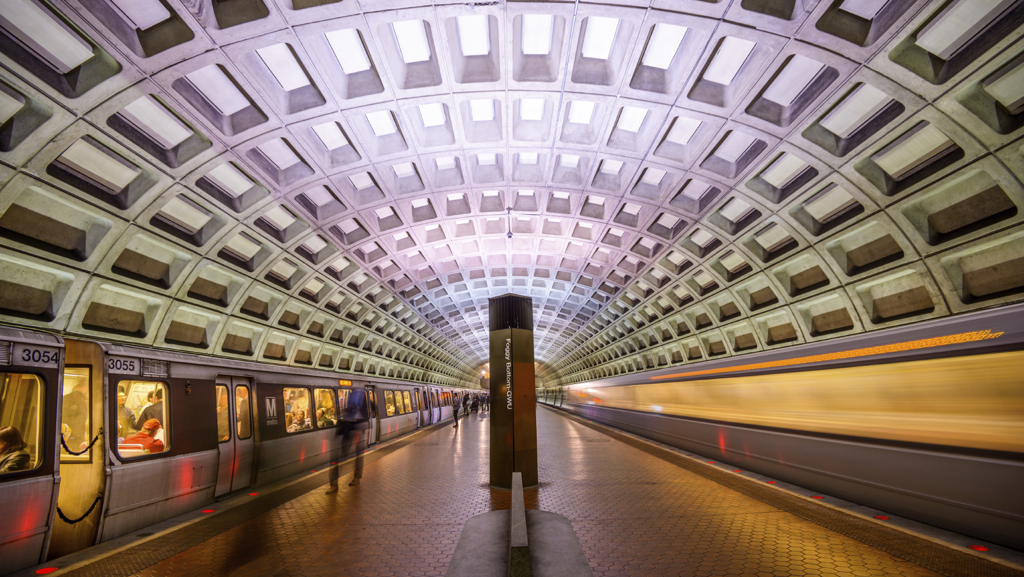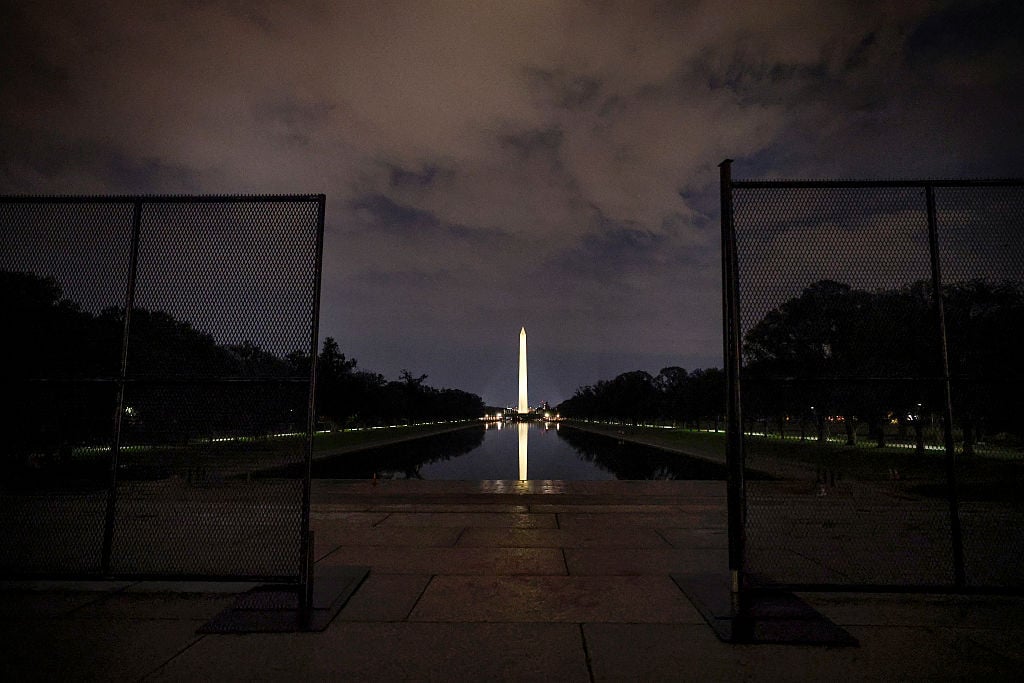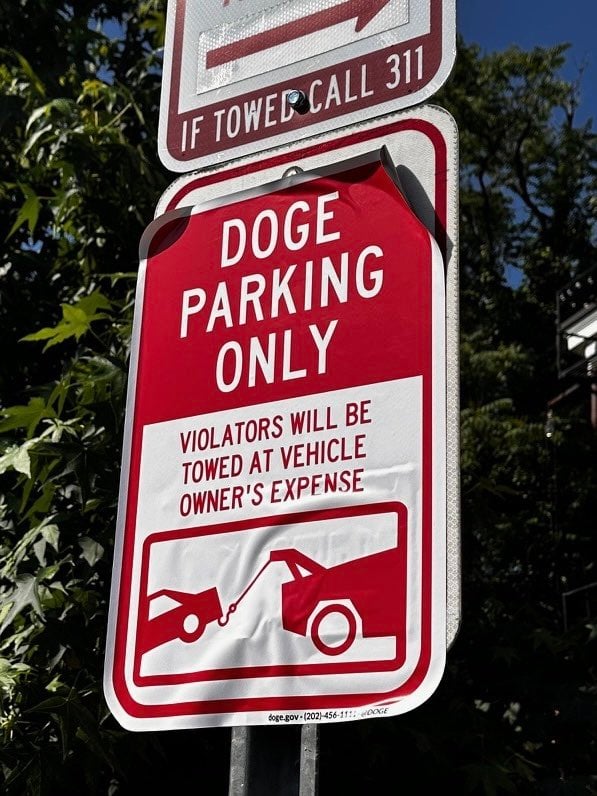During a speech Wednesday at the National Press Club to mark one year since he became the general manager of the Washington Metropolitan Area Transit Authority, Paul Wiedefeld offered an update on the troubled transportation system and laid out plans for what will follow the current maintenance initiative known as SafeTrack.
Once SafeTrack—which is aimed at rebuilding large swaths of aging track—is complete, Metro’s focus will shift toward what Wiedefeld says is the source of one-third of all delays: upgrading the dilapidated fleet of railcars by retiring the oldest and least reliable models (the 1000- and 4000-series cars) and converting all eight-car trains to the newest 7000-series stock.
According to a Metro fact sheet, the process of getting the new cars—which were taken off three lines earlier this year due to problems keeping contact with the electrified third rail—into service may be accelerated next year as the system takes delivery of 20 cars per month. Metro plans to undertake several other initiatives in 2017: Improving signage and lighting in stations, reducing its workforce by 1,000 positions, and grappling with a projected $290 million budget deficit heading into the 2018 fiscal year.
It’s a very big order, but at least Metro’s new plan has a catchy name: Back 2 Good. As in the 1996 Matchbox Twenty song of the same name.
Even though everyone here knows how everyone is thinking about how to make Metro safe and reliable again, a spokesman for the transit authority tells Washingtonian the new agenda’s name came from surveying riders, not an intentional nod to people who grew up in the 1990s.
“It came from customers,” Metro spokesman Dan Stessel tells Washingtonian in an email. “They used the term to describe what they expect.”
Still, it might be premature to rule out the potential for Matchbox Twenty’s fin de siècle success to subconsciously sway Metro passengers’ desires for system improvements. According to Metro, riders’ satisfaction with their “overall experience” has dropped to a paltry 70 percent this year. Yourself or Someone Like You, Matchbox Twenty’s debut LP, has sold 12 million copies since its 1996 release, according to the Recording Industry Association of America, making it one of the best-selling albums of the ’90s.



















